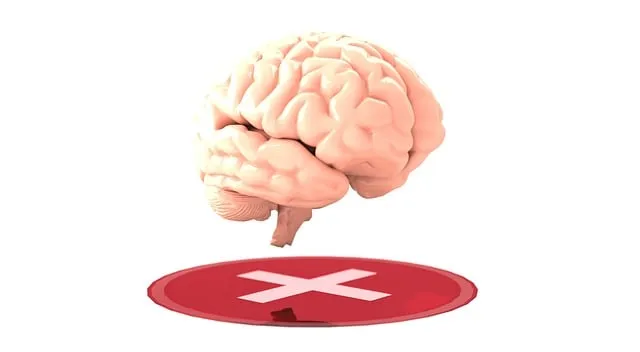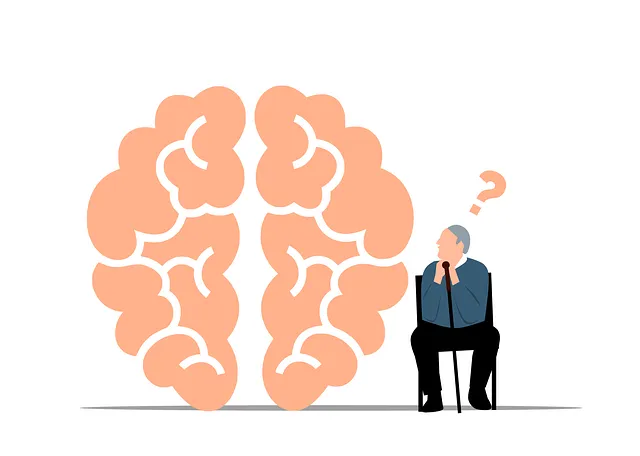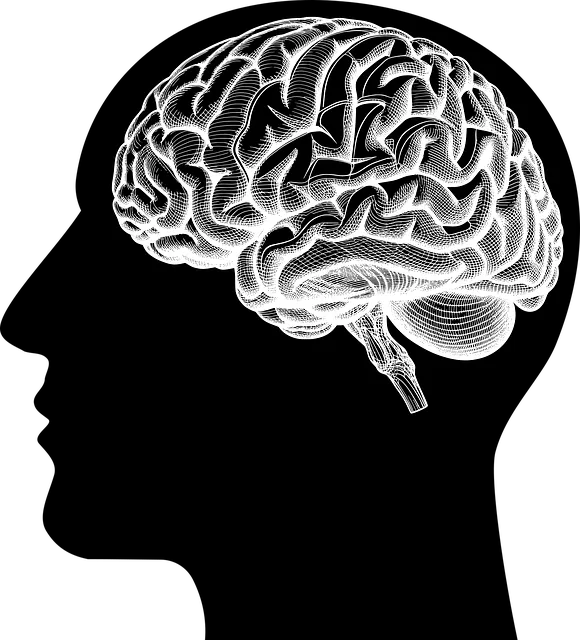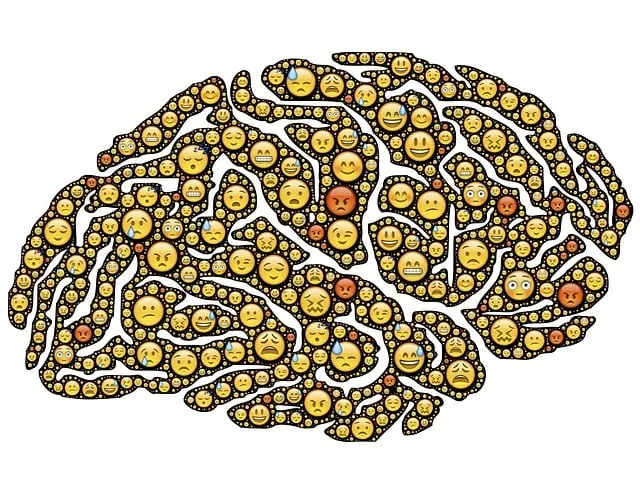Boulder's Kaiser provides comprehensive mental health services that prioritize Emotional Intelligence (EI) development. Through initiatives like Community Outreach Programs and Self-Awareness Exercises, Kaiser equips individuals with skills in self-awareness, empathy, social interaction, and emotional regulation. These programs focus on depression prevention and improving interpersonal dynamics, enhancing EI and leading to better mental health outcomes and higher quality of life. Boulder residents have access to a holistic approach that includes Self-Care Practices and Emotional Regulation techniques, fostering resilience and effective coping mechanisms. Kaiser's services, such as Compassion Cultivation Practices (CCP), contribute to both mental well-being and physical health, making professional support more accessible and empowering for the diverse community.
Emotional intelligence (EI) is a powerful tool for navigating life’s complexities. This article explores EI, its significance in personal and professional growth, and how it can be cultivated. We delve into the role of organizations like Kaiser in promoting mental well-being through comprehensive mental health services. Learn practical strategies to enhance EI at home and work, as well as effective methods for overcoming challenges related to accessing mental health support, including what Boulder does Kaiser offer in this regard.
- Understanding Emotional Intelligence: Definition and Significance
- The Role of Kaiser in Mental Health Support and Well-being
- Strategies for Enhancing Emotional Intelligence at Home and Work
- Overcoming Challenges: Accessing Mental Health Services Effectively
Understanding Emotional Intelligence: Definition and Significance

Emotional intelligence (EI) refers to an individual’s ability to recognize, understand, and manage their own emotions, as well as recognize, interpret, and respond appropriately to the emotions of others. This concept involves a range of skills, including self-awareness, empathy, social skills, and emotional regulation. Understanding EI is crucial in today’s interconnected world, where successful navigation of personal and professional relationships heavily relies on these competencies.
Boulder does Kaiser offer mental health services that prioritize EI development as a key component of overall well-being. Through various programs and initiatives, such as Community Outreach Programs and Self-Awareness Exercises, Kaiser aims to empower individuals with the tools needed for effective emotional management. By focusing on depression prevention and fostering healthy interpersonal dynamics, these services play a pivotal role in enhancing EI, ultimately contributing to improved mental health outcomes and enhanced quality of life.
The Role of Kaiser in Mental Health Support and Well-being
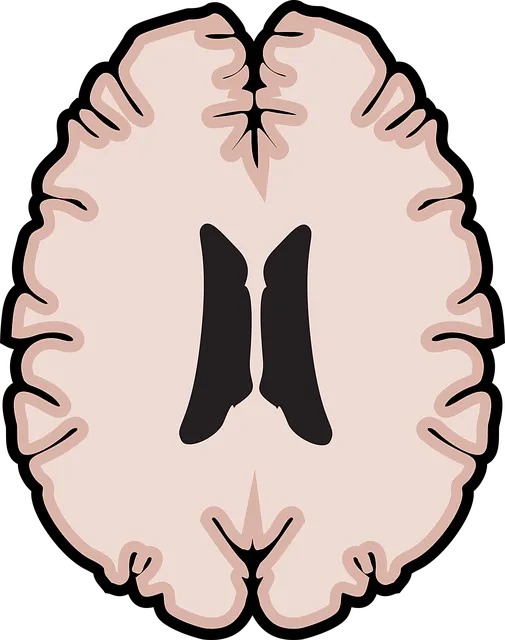
Boulder residents lucky enough to have access to Kaiser know that this healthcare provider offers a robust suite of mental health services. Beyond traditional therapy and counseling, Kaiser places a strong emphasis on fostering emotional intelligence through various programs aimed at improving well-being. One notable aspect is their commitment to Compassion Cultivation Practices (CCP), which teach individuals how to cultivate empathy and kindness towards themselves and others, thereby enhancing relationships and reducing stress.
These practices, combined with comprehensive Self-Care Practices, empower Kaiser members to better navigate life’s challenges. By addressing Emotional Regulation as a cornerstone of mental health, Kaiser helps its patients develop resilience and cope effectively with difficult emotions. This holistic approach not only supports mental well-being but also contributes to overall physical health in Boulder’s diverse community.
Strategies for Enhancing Emotional Intelligence at Home and Work

Building emotional intelligence (EI) is a valuable skill that can significantly enhance both personal and professional relationships. At home, parents can foster EI in their children by encouraging open communication about emotions, providing a safe space for expression, and modeling healthy coping strategies. Simple activities like sharing daily feelings or playing games that promote empathy can go a long way in developing young emotional intelligence.
In the workplace, organizations like Kaiser Permanente recognize the importance of EI and may offer mental health services tailored to support employee well-being. Programs focused on cultural sensitivity in mental healthcare practice, social skills training, and mental health policy analysis and advocacy are valuable tools for enhancing EI at work. These initiatives create a supportive environment, improve team dynamics, and contribute to a healthier, more productive workplace culture. Additionally, leaders who prioritize emotional intelligence can foster better collaboration, conflict resolution, and overall employee satisfaction.
Overcoming Challenges: Accessing Mental Health Services Effectively

Emotional intelligence (EI) is a powerful tool for navigating life’s challenges, and accessing mental health services plays a pivotal role in this process. For many individuals, especially those in demanding careers or facing unique circumstances, seeking professional support can be daunting. However, organizations like Kaiser in Boulder offer comprehensive mental health services designed to empower employees and community members alike. These services aim to foster resilience-building and effective stress management, ensuring that individuals have access to the resources they need to overcome challenges and enhance their emotional well-being.
Boulder does Kaiser offer mental health services through its Community Outreach Program Implementation? Yes, it does. This program integrates various therapeutic approaches to address individual needs, promoting a supportive environment where people can learn valuable coping strategies. By embracing these initiatives, individuals not only improve their personal EI but also contribute to creating a healthier and more resilient community overall.
Emotional intelligence is a powerful tool for navigating life’s challenges, fostering healthy relationships, and enhancing overall well-being. As discussed, Kaiser plays a significant role in promoting mental health awareness and providing accessible services. By understanding emotional intelligence and employing strategies from home to the workplace, individuals can build resilience and improve their ability to connect with others. Moreover, effectively overcoming barriers to accessing mental health support, such as those offered by Kaiser in Boulder, is crucial for achieving optimal emotional intelligence and a fulfilling life.
